Connections Between Insomnia And Depression
If you have ever suffered from insomnia you will know what the negative impact not getting enough sleep can do to you and your body. You’ll be tired, but it is more than that; you will feel exhausted, moody and irritable and it can affect how your body functions. However, often the symptoms of insomnia connects to the state of the mind and those people who are experiencing depression will notice the change to their sleeping patterns. While it is common for wanting more sleep, to feel the need to nap more and not wanting to get up, it can seem odd that feeling depressed can also affect sleep, which you get at night.
Before Depression And Insomnia
The best way for me to show you the connections that I now have with insomnia, is to share how my sleep has changed since having depression. I was a heavy sleeper, I could sleep anywhere and everywhere, no worries. I could sleep through my children crying, it never woke me, even when my husband was away with work, they quickly realised that waking me was an impossible task and it was easier for them to just get into my bed.
Sleep was never an issue, I wasn’t in anyway a morning person, but I need to have enough sleep and my body had no worries about sleeping.
After Depression And With Insomnia
When, first diagnosed with depression, my sleeping was erratic and it was obvious that something had changed. Will I ever go back to my old sleeping pattern? I think the answer is probably not.
In the beginning of this change I did need help, I did have a few nights where I used medication to help me get to sleep. Did it help? It helps to get you to sleep but it doesn’t keep you there, so for me it took the edge off whilst my body was adjusting to the new way of sleeping.
If you lay there and just don’t drift off to sleep, you start to feel that something is wrong, your mind doesn’t shut down and for me I get bored. However, I am not one for sitting and waiting for sleep and I will work in bed until I feel sleepy enough for the relaxation MP3 that I listen to, this is the only thing that gets me to sleep, if I wake in the night I have to replay it or I might as well get up.
Therefore, if you are feeling that your depression is affecting your sleep then it is time to talk to your doctor, finding ways that help you sleep is important. You might never go back to your old sleeping habits but adjusting your body to a new sleeping pattern is important, there is nothing worse than feeling tired and drained.
It is a medical fact that the two, depression and insomnia, get joined; this means that to treat one you should receive treatment for both, if only to talk about the different options open to you.
I manage my depression and my insomnia, they are both at a stable point but I know that in the future this balance can tip and being aware of the options which can help prevent either one taking completely over my life. While I don’t like the idea that I have any form of illness and in some senses, I try to not let it run my life, but accepting that both depression and insomnia are now a part of who I am; I have a more positive outlook at fighting them.
Therefore, whilst depression and insomnia get connected, I decided a long time ago that even whilst these affect me they were not going to define me. It is possible to manage depression and insomnia by getting the right help from the right sources.
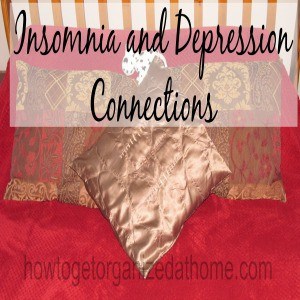
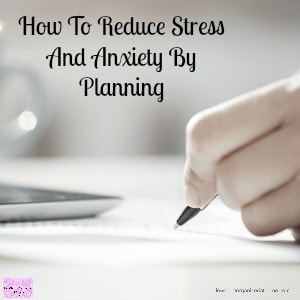
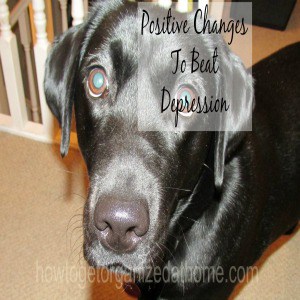
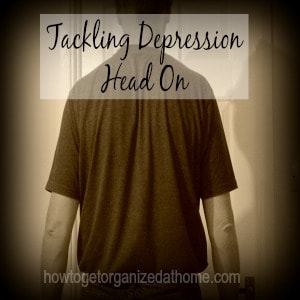
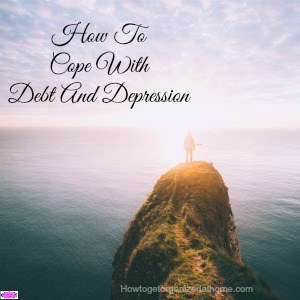
I suffer from depression as well and need sleep aids to get to sleep. Thank you for linking up with Motivational Monday, I hope you will join up again.
Hope you have your insomnia under control. Everything is so much worse when you are not sleeping.
Stopping by from #MondayMadness.
thanks for visiting:) I am now used to having less sleep, but I am managing the condition, thank you for asking:)